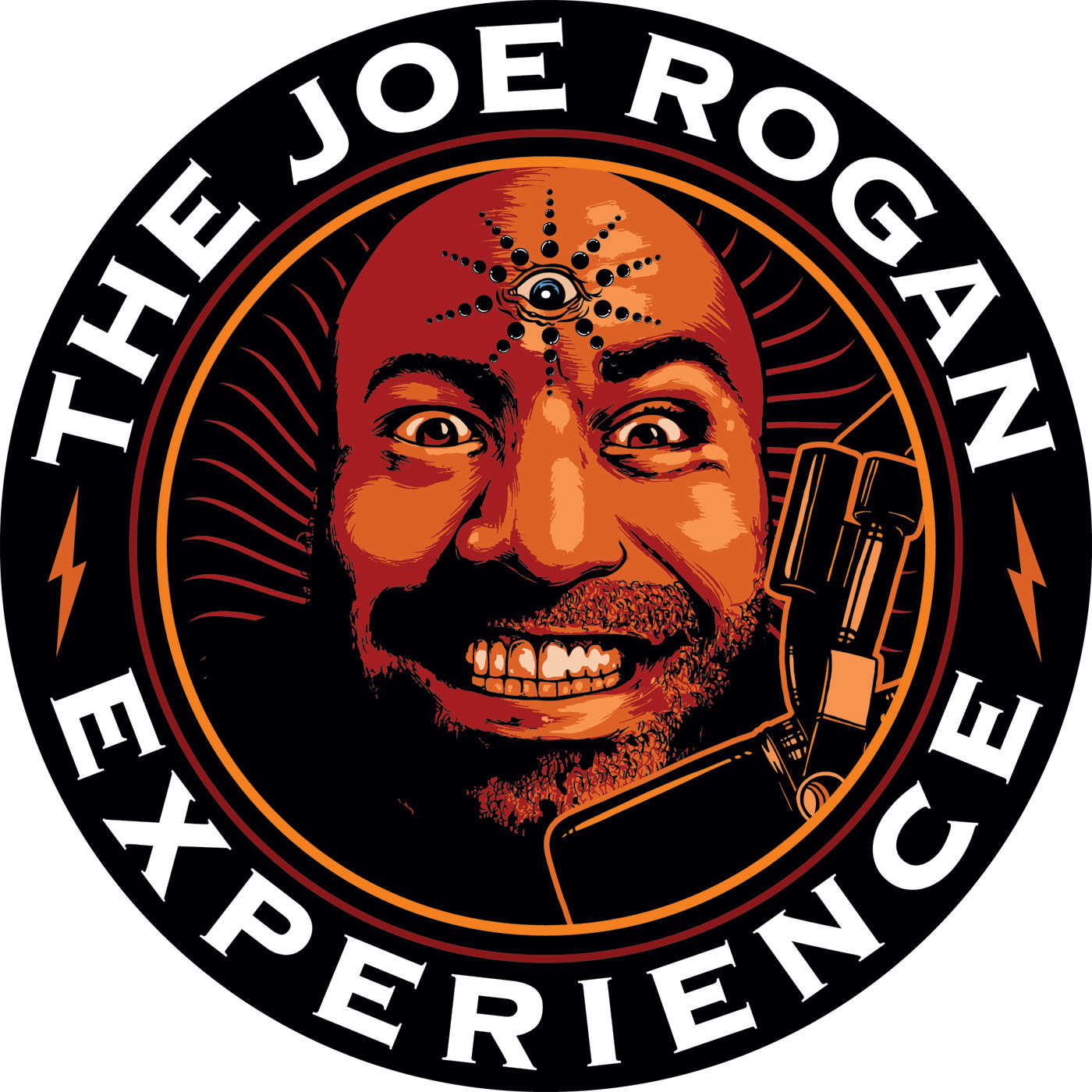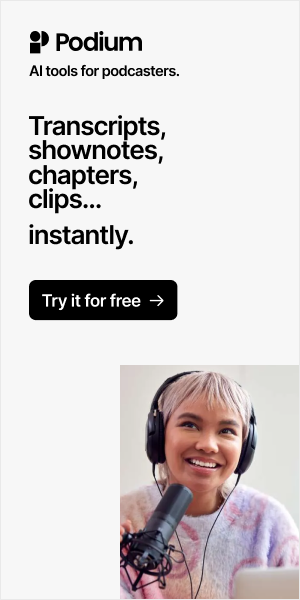Ranked #1

James Hoffmann on Capturing a Moment of Magic [102]
James Hoffmann on Capturing a Moment of Magic [102]
This was not the episode I intended to share. My guest today is James Hoffmann, the 2007 World Barista Champion, co-fou... Read more
23 Feb 2020
•
58mins
Ranked #2

Ellan Kline [003]
Ellan Kline [003]
Ellan Kline is a roaster for Ritual Coffee in San Francisco. In this episode, we talk to her about issues of trans visib... Read more
15 Feb 2017
•
45mins
Similar Podcasts
Ranked #3

David Hu of The Peccary on Defining Value and Leadership [092]
David Hu of The Peccary on Defining Value and Leadership [092]
Everyone has had a bad boss. Everyone has probably had multiple bad bosses. I had one boss tell me I was inauthentic and... Read more
7 Nov 2019
•
1hr 1min
Ranked #4

Leticia Ramos-Pollock [005]
Leticia Ramos-Pollock [005]
Leticia Ramos-Pollock is the owner and co-founder of Panther Coffee in Miami, Florida. She talks about age discriminatio... Read more
22 Feb 2017
•
44mins
Ranked #5

Briana Walker [007]
Briana Walker [007]
Ever had someone ask to touch your hair at work? Sometimes people doubt the racism and sexism we experience at work and ... Read more
8 Mar 2017
•
58mins
Ranked #6

Karla Boza on the Realities of Coffee Farming [083]
Karla Boza on the Realities of Coffee Farming [083]
A few weeks ago, I was honored to attend Re:co, a coffee convention that invites speakers from all over the world to tal... Read more
3 Jul 2019
•
47mins
Ranked #7

Don't pretend like you don't have privilege! [008]
Don't pretend like you don't have privilege! [008]
We host a show about identity in coffee, so we thought it appropriate to confront our own privileges in the coffee commu... Read more
15 Mar 2017
•
48mins
Ranked #8

My Barista Champion, Andrea Allen [048]
My Barista Champion, Andrea Allen [048]
IT'S ANDREA ALLEN! If you haven't seen a barista competition routine by Andrea, stop what you're doing and go watch—Andr... Read more
5 Jul 2018
•
1hr 4mins
Ranked #9

The Boss Barista Roundup #2 - Reimagining The Minimum Wage With Oddly Correct [094]
The Boss Barista Roundup #2 - Reimagining The Minimum Wage With Oddly Correct [094]
In the U.S., the federal minimum wage is $7.25 an hour. 29 states have set a higher minimum wage than that, HOWEVER all ... Read more
22 Nov 2019
•
20mins
Ranked #10

Austin Qualifying Event Recap #rosewater [004]
Austin Qualifying Event Recap #rosewater [004]
A quick update after the Austin Qualifying Event. Tables are too tall, Andrea Allen's routine was perfect, POWER, and wt... Read more
19 Feb 2017
•
14mins
Ranked #11

Bani Amor is Decolonizing Travel Culture [047]
Bani Amor is Decolonizing Travel Culture [047]
Have you ever been told, "you just HAVE to go to origin?" Do pictures of farmers and children in coffeeshops really bug ... Read more
28 Jun 2018
•
49mins
Ranked #12

Alicia Adams on Building a Career in Coffee [069]
Alicia Adams on Building a Career in Coffee [069]
It can sometimes seem like our coffee heroes have always been successful—but nothing could be further from the truth. Al... Read more
25 Jan 2019
•
54mins
Ranked #13

Nyambura Njee On Race and Wage Disparities [052]
Nyambura Njee On Race and Wage Disparities [052]
On August 6th, 2018, Nya Njee shared her story of racism and wage disparities. She was the only black female at a coffee... Read more
16 Aug 2018
•
55mins
Ranked #14

Jen Apodaca, Part Two [059]
Jen Apodaca, Part Two [059]
In part two of our interview with Jen Apodaca, Director of Roasting for Royal Coffee, Jen talks about being a leader and... Read more
11 Oct 2018
•
31mins
Ranked #15

Ric Rhinehart Speaks On The Coffee Price Crisis [079]
Ric Rhinehart Speaks On The Coffee Price Crisis [079]
This episode was made in collaboration with Good Beer Hunting. We originally aired this on their podcast on Saturday, Ma... Read more
23 May 2019
•
59mins
Ranked #16

How Busy Are You Really with Melissa Stinson [080]
How Busy Are You Really with Melissa Stinson [080]
How often do you say you’re busy? It’s pretty much an automatic response: “How are you?” “Oh, I’m good…busy!” But are yo... Read more
31 May 2019
•
47mins
Ranked #17

Erica Escalante Is The Mother of All Baristas [066]
Erica Escalante Is The Mother of All Baristas [066]
Get ready for life lessons, intensive personality breakdowns, and yelling at your significant other in this interview wi... Read more
28 Dec 2018
•
55mins
Ranked #18

Erna Baby [067]
Erna Baby [067]
Erna Knutsen had been a secretary for over thirty years before she was given a seat at the cupping table. Once she found... Read more
10 Jan 2019
•
47mins
Ranked #19

Vava Angwenyi on Decolonizing Empowerment [050]
Vava Angwenyi on Decolonizing Empowerment [050]
We continue to explore the colonialist systems that are interwoven in the coffee industry by asking what does it mean to... Read more
27 Jul 2018
•
1hr 17mins
Ranked #20

Mayra Hernandez of Back of the Yards Coffee [045]
Mayra Hernandez of Back of the Yards Coffee [045]
Mayra Hernandez opened a cafe in her childhood neighborhood in Chicago called Back of the Yards Coffee Co, and we sit an... Read more
5 May 2018
•
45mins



































